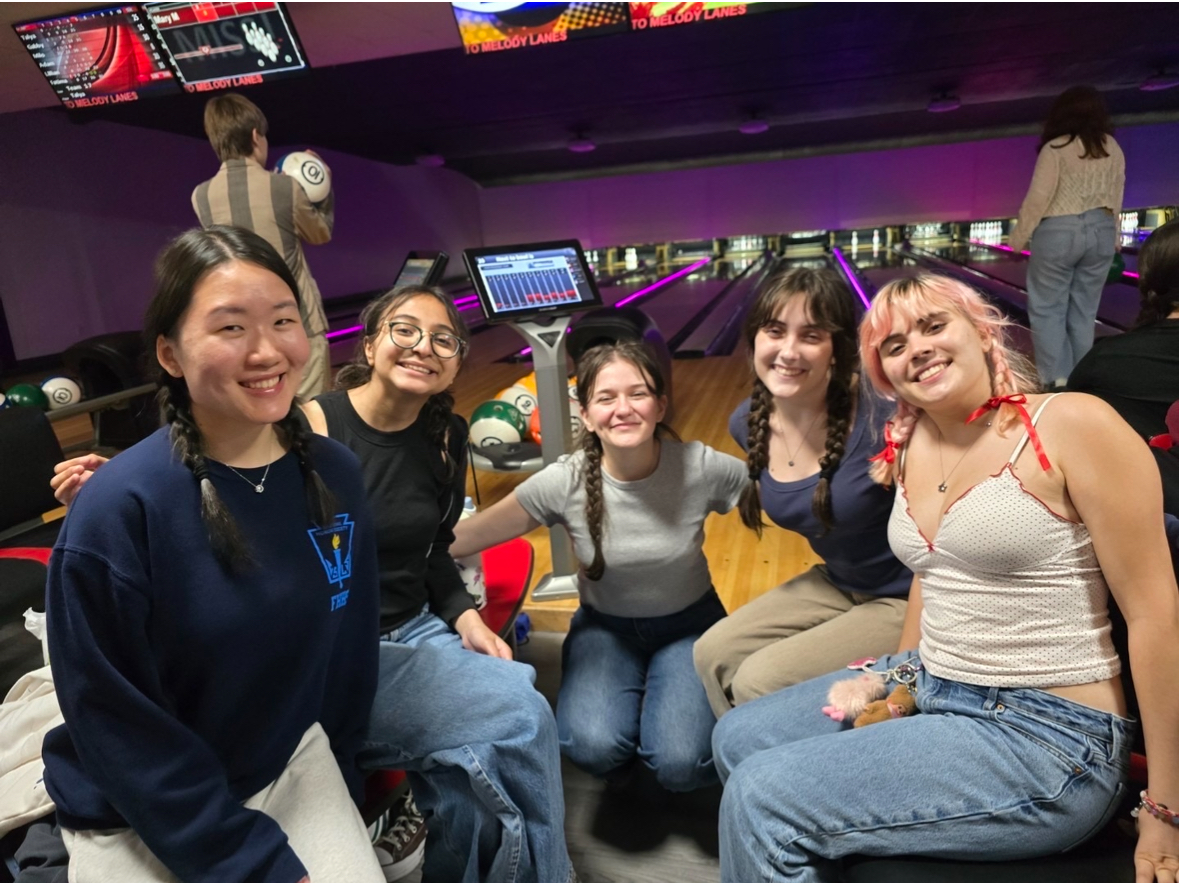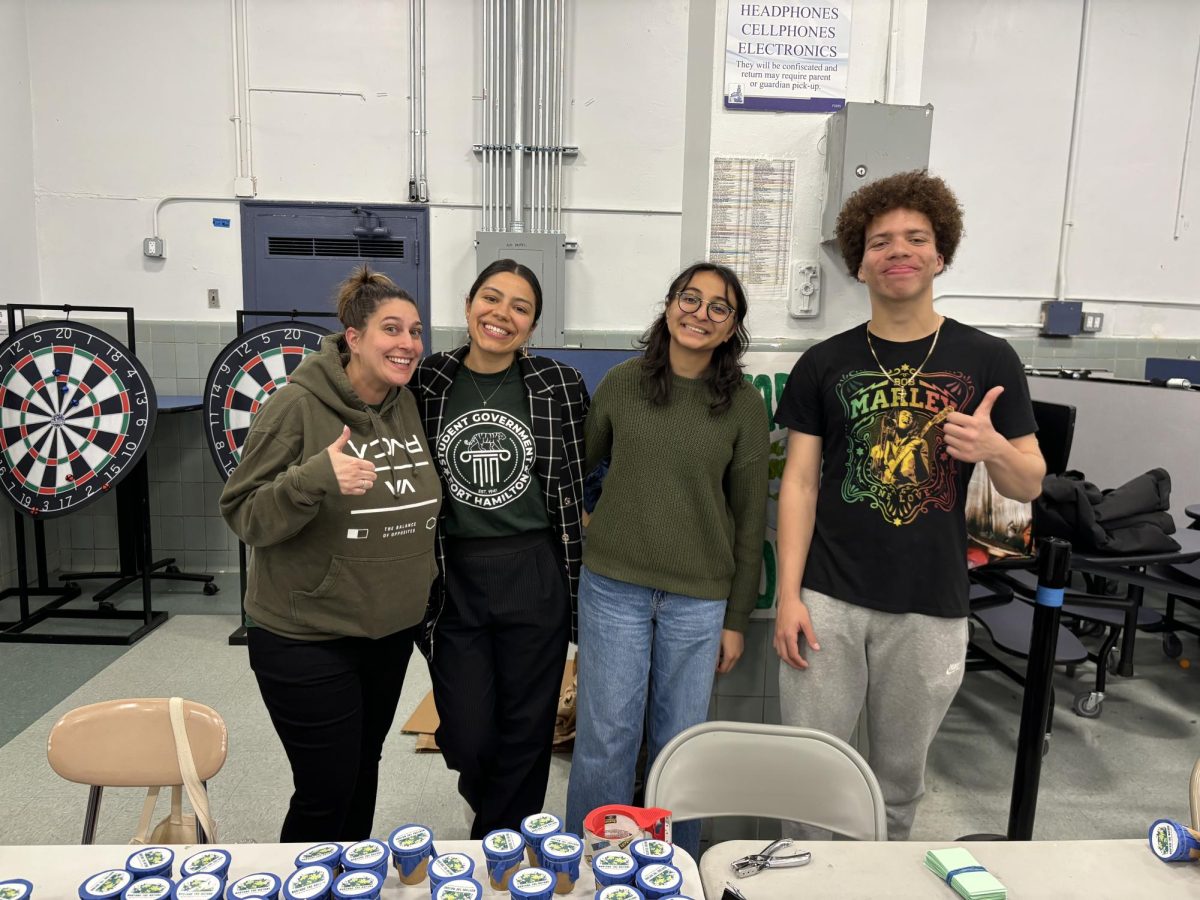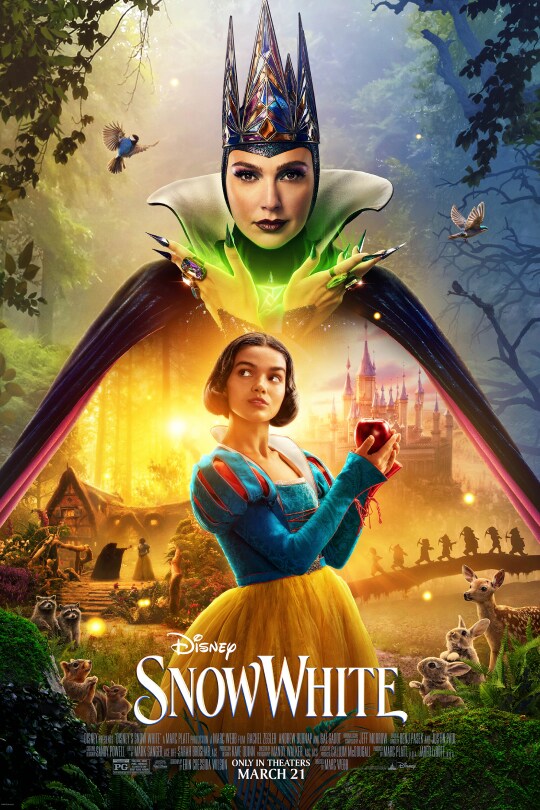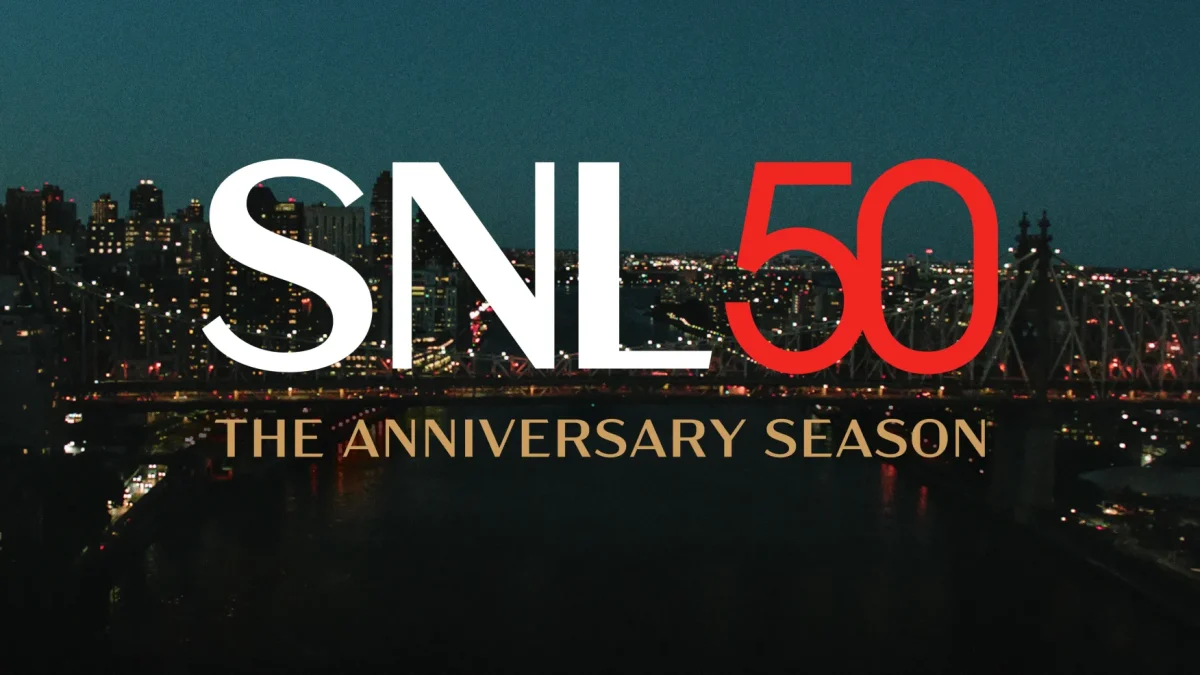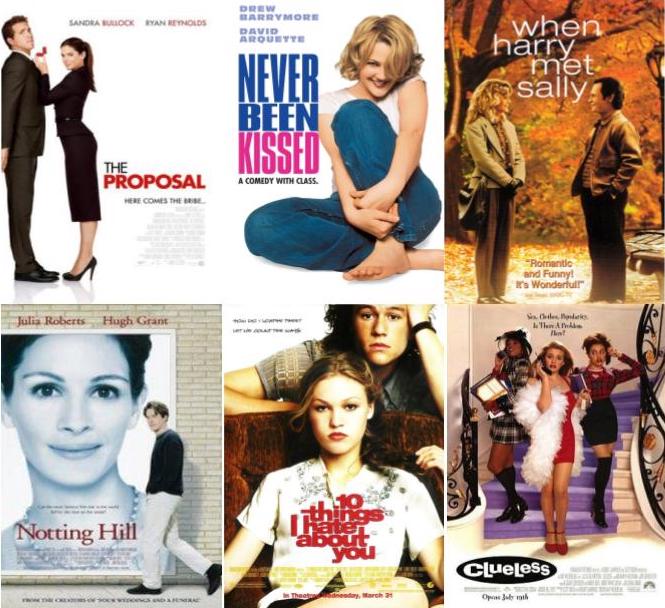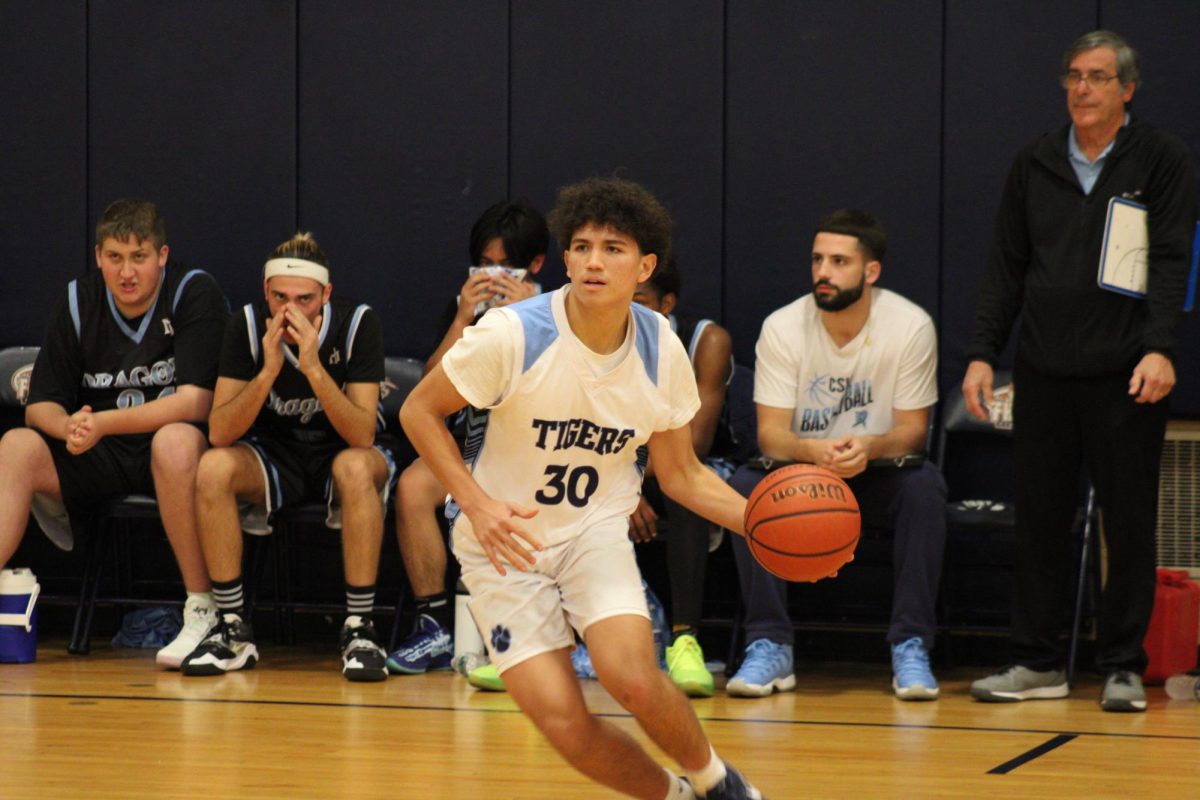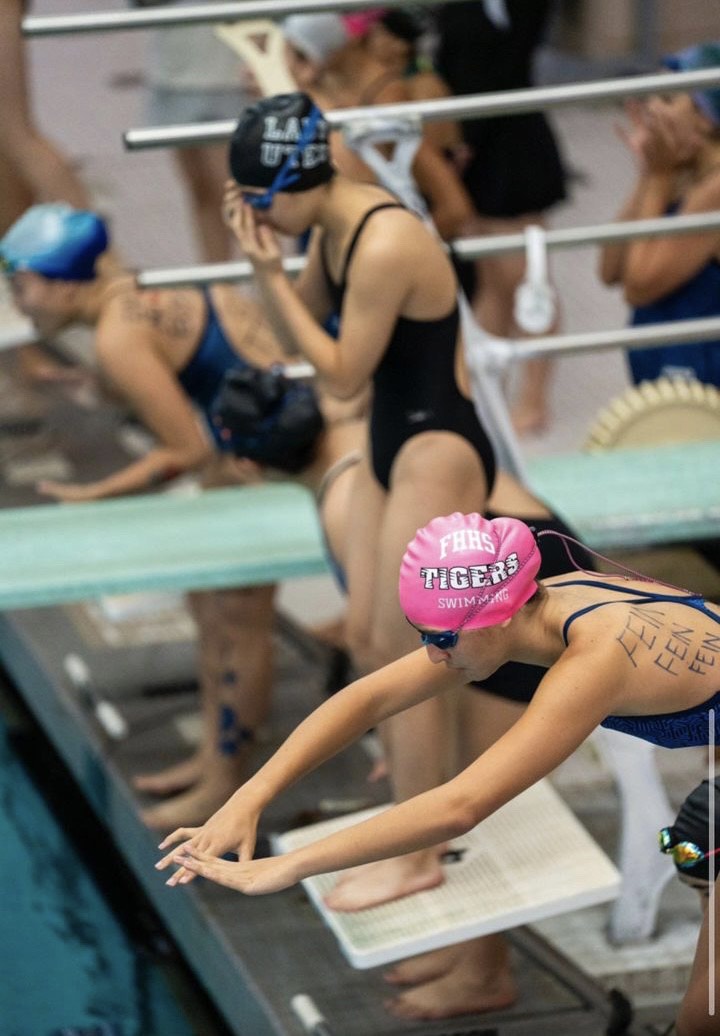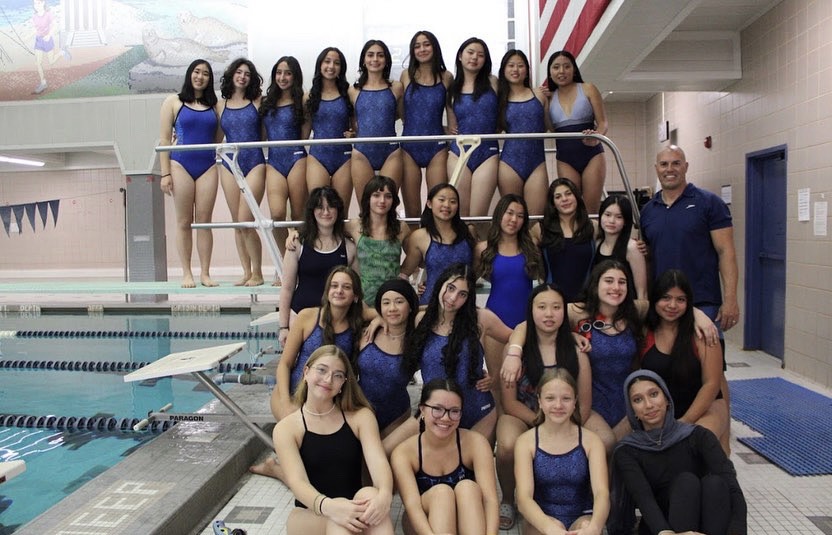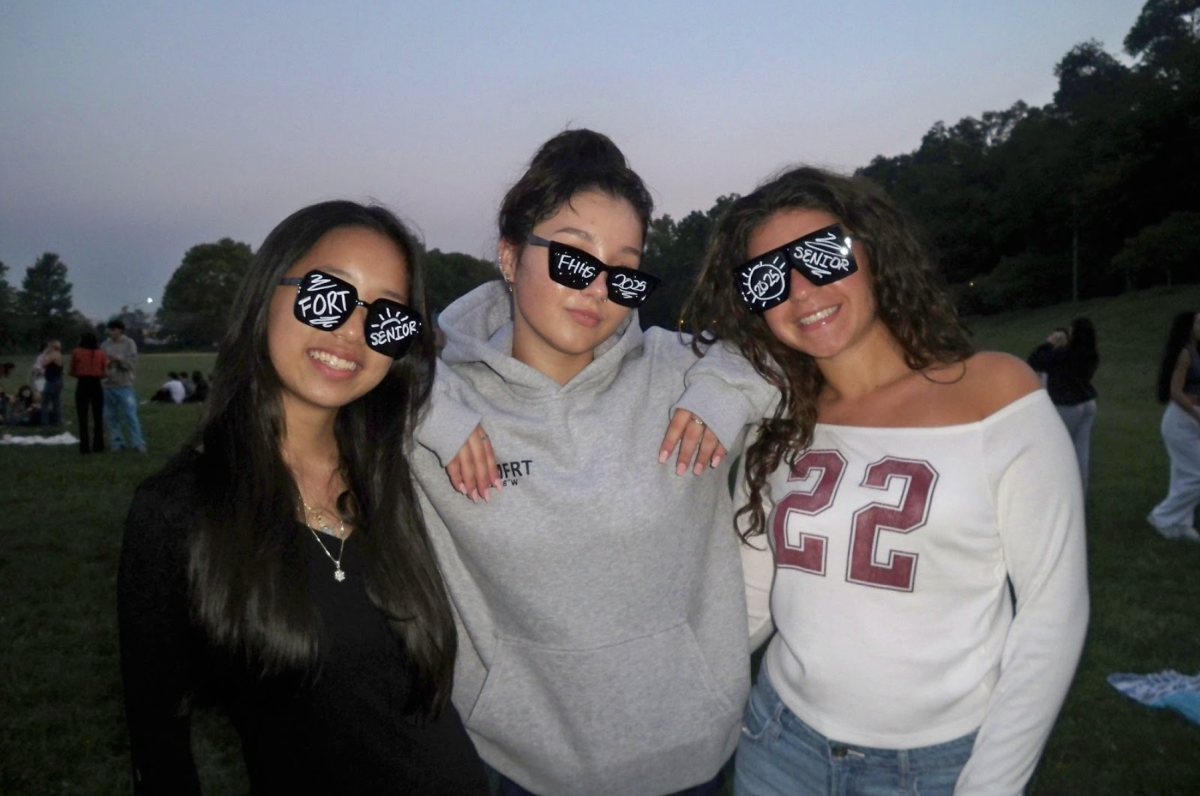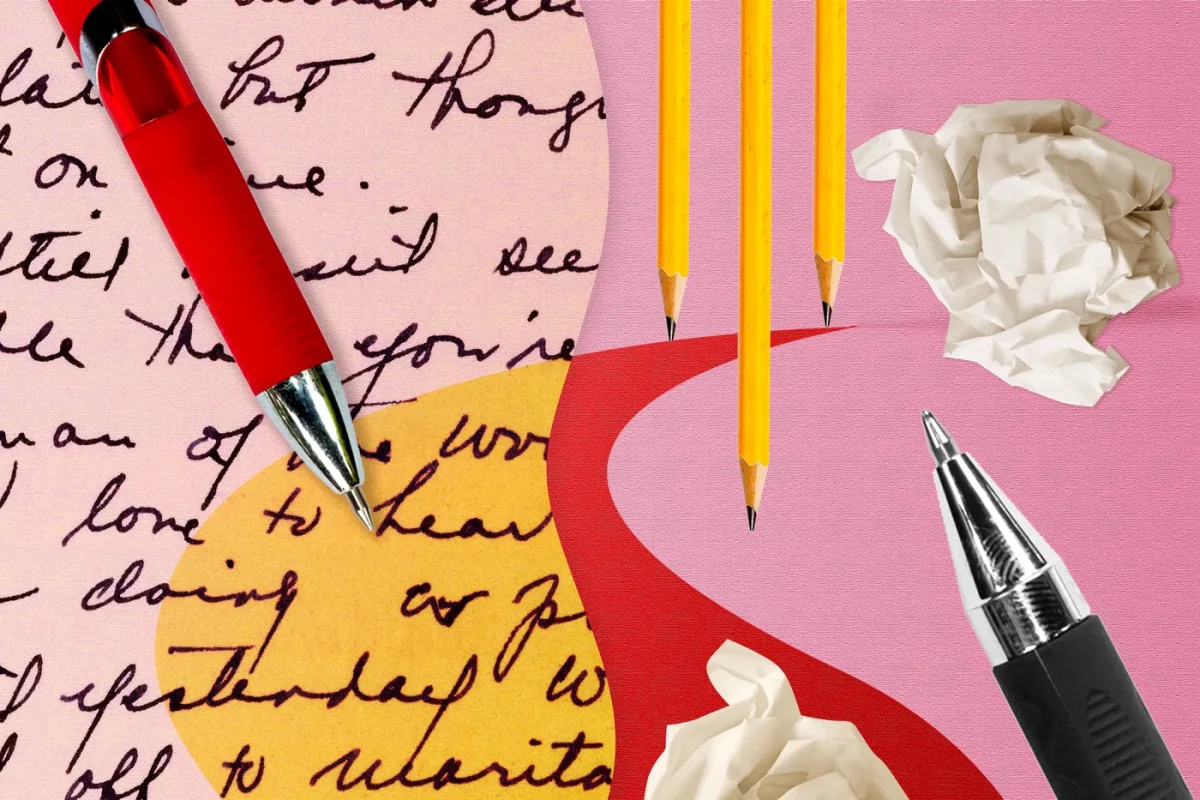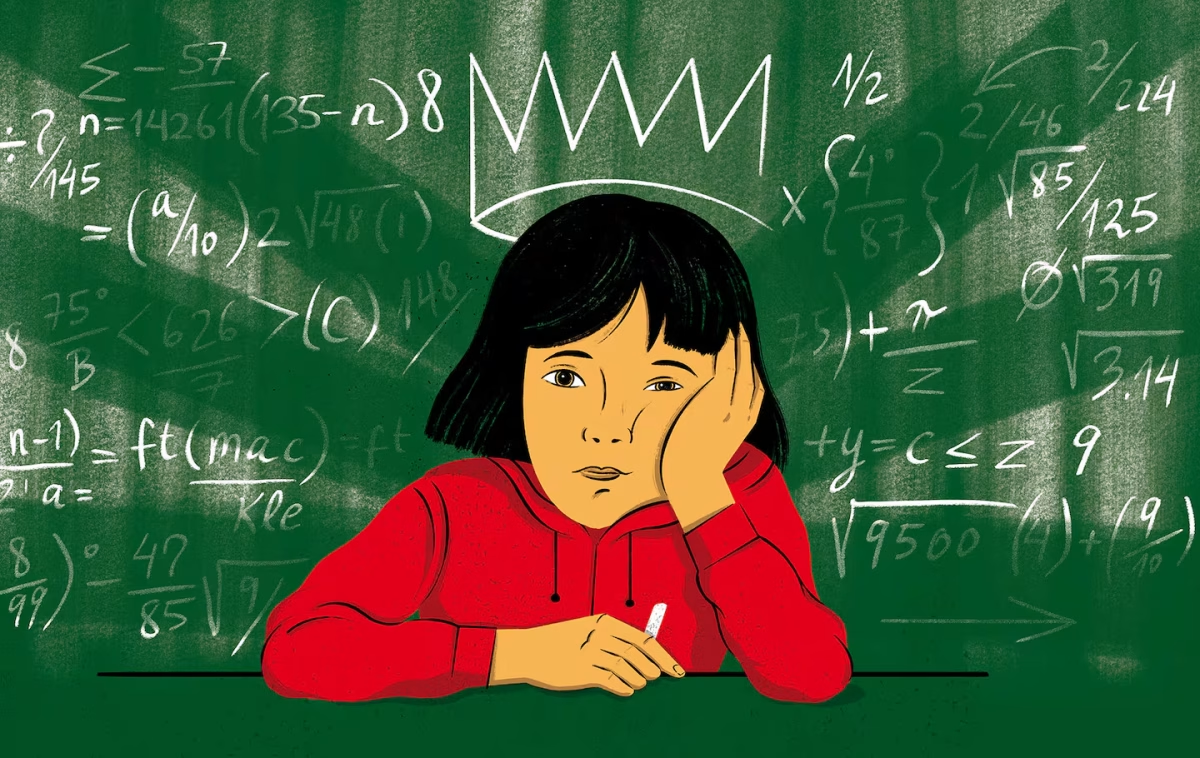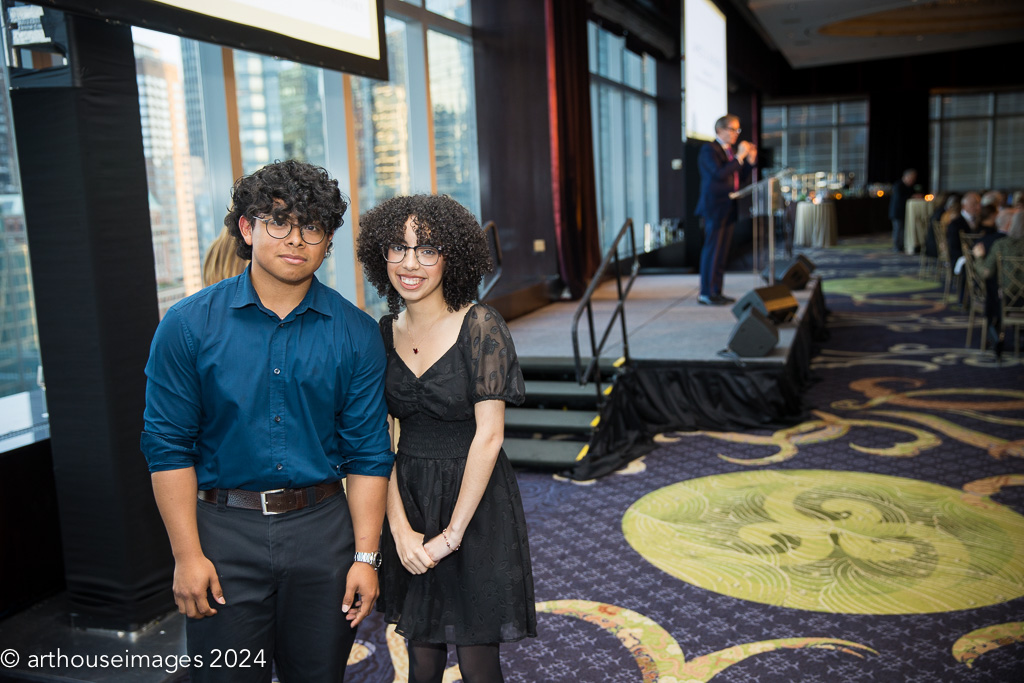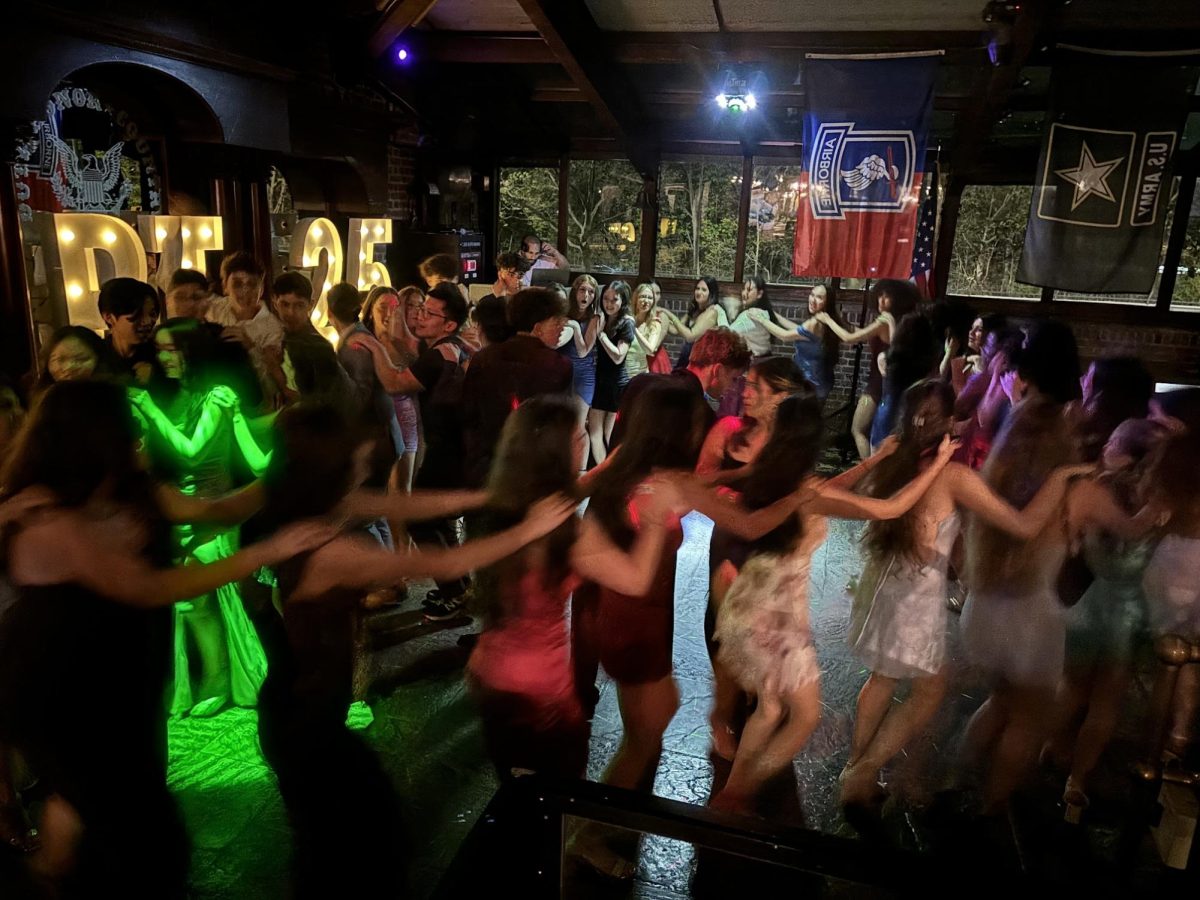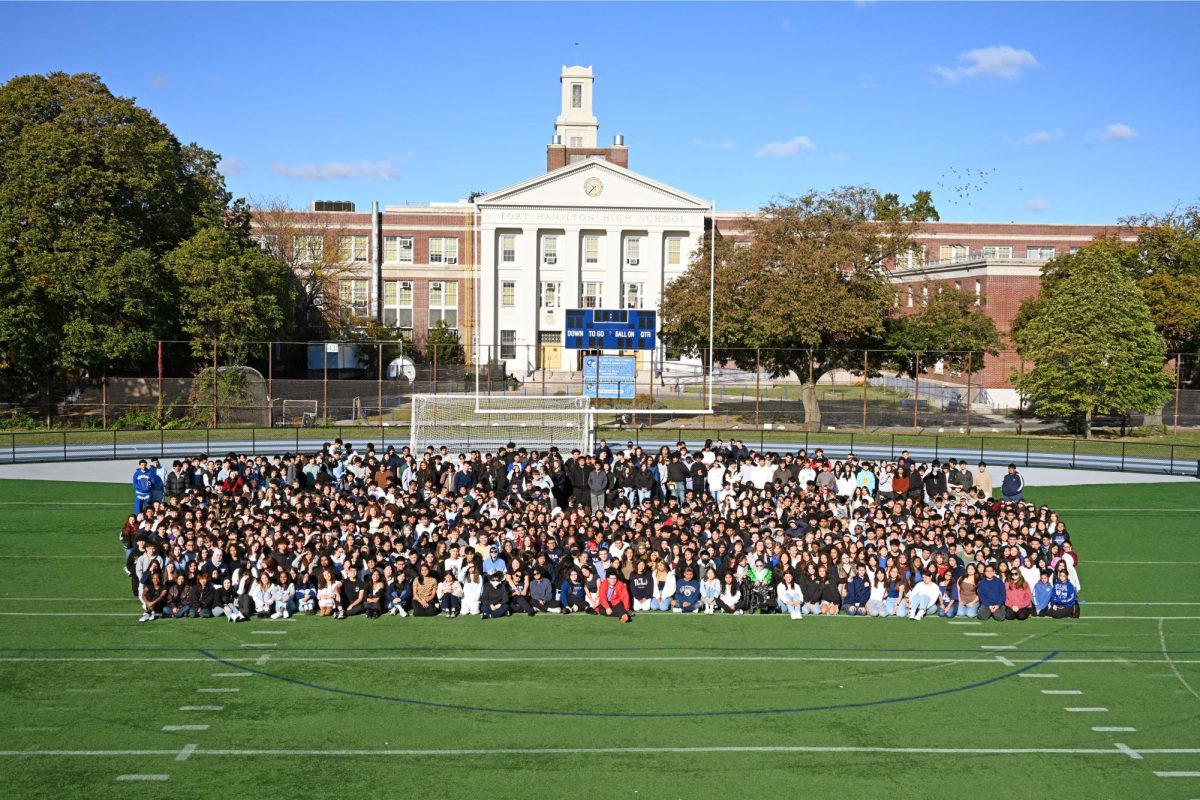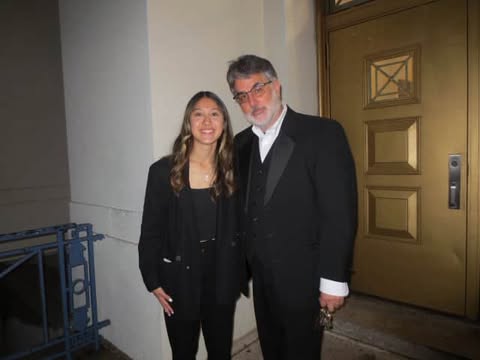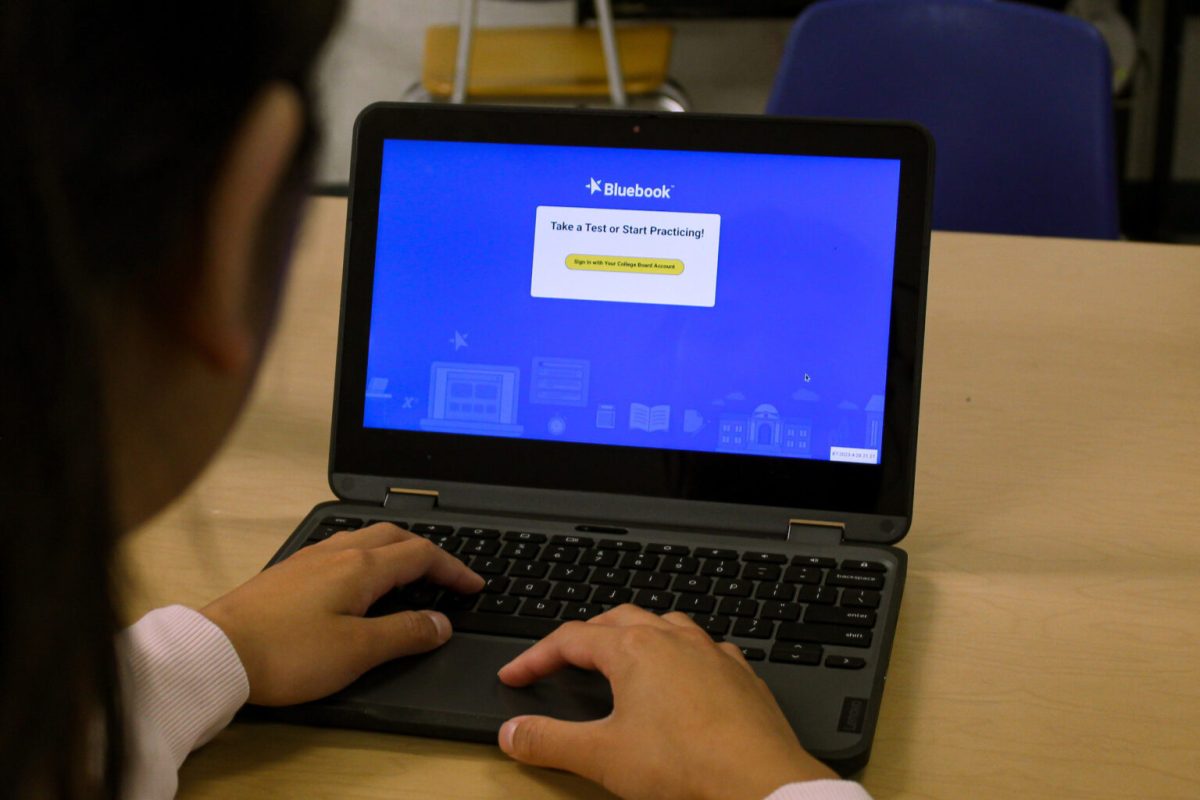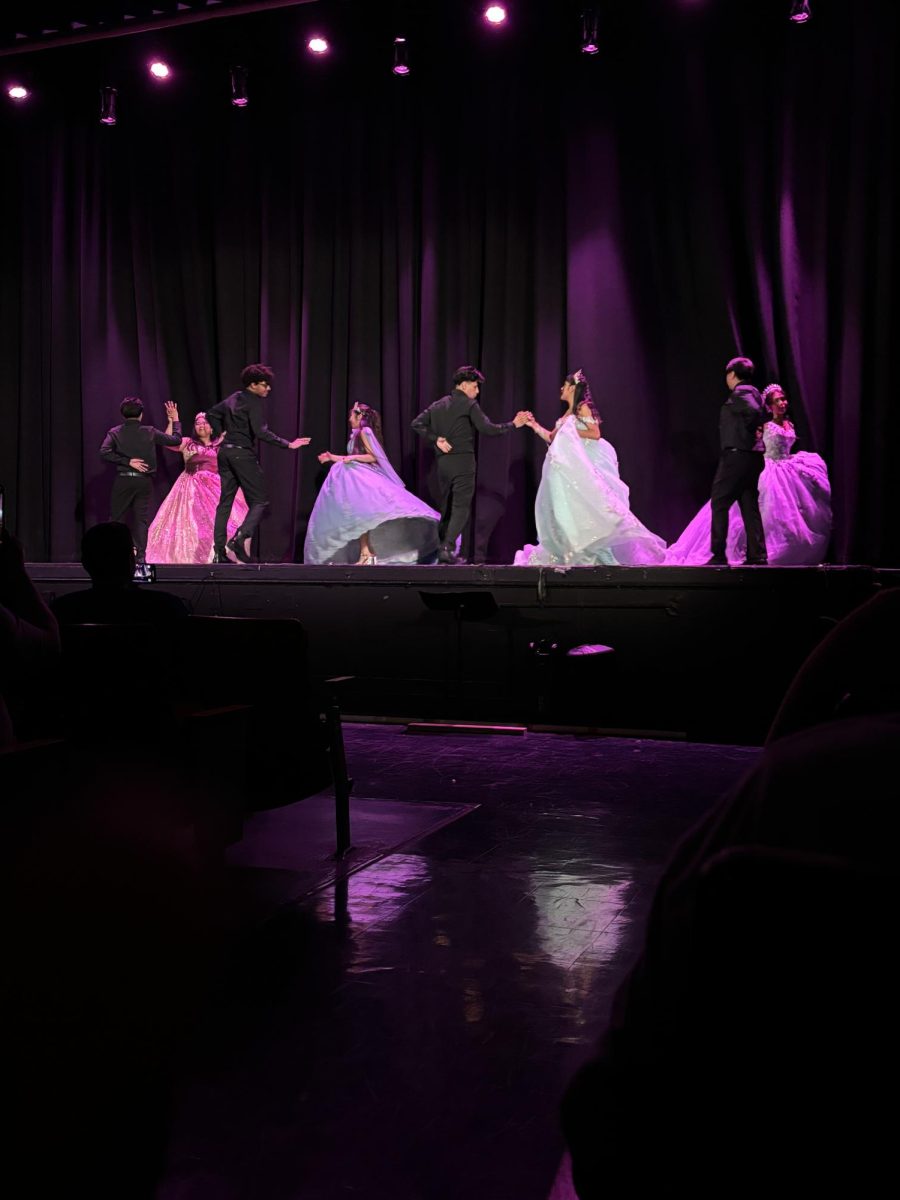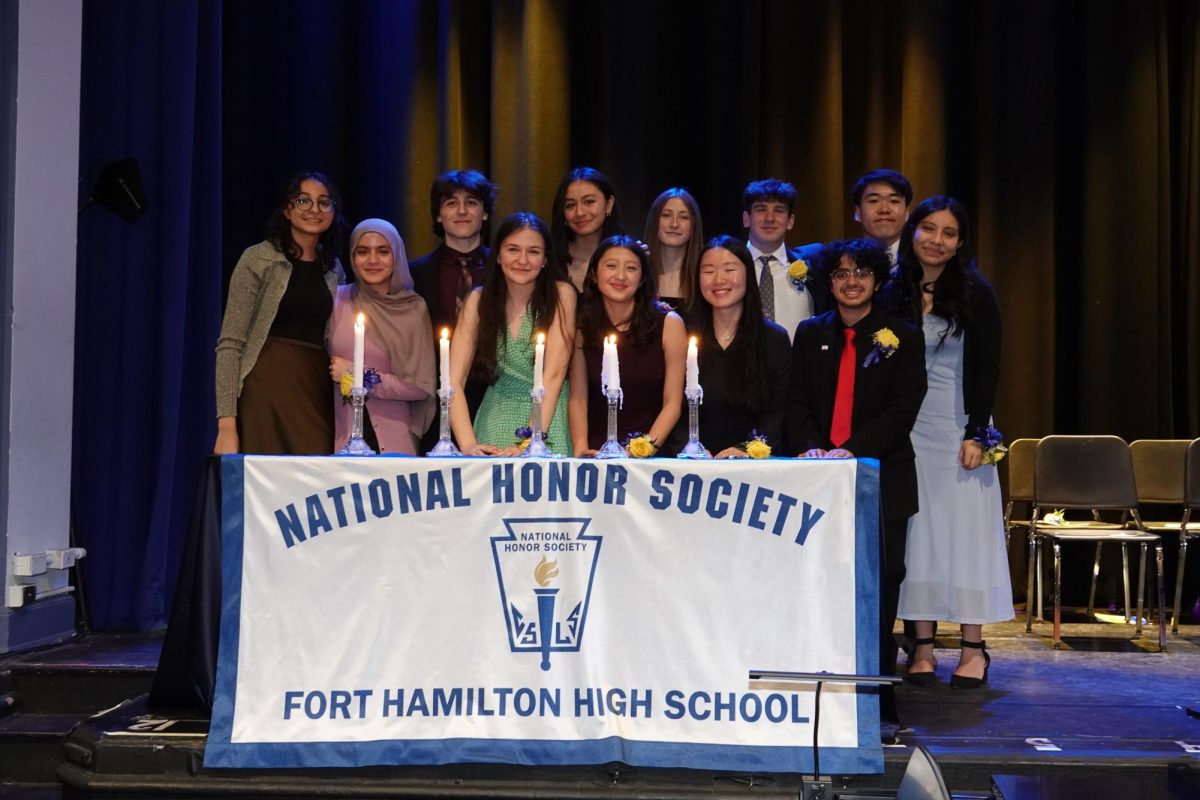Two Fort Hamilton juniors, Gustavo Hernandez and Catalina Rivera, performed a rap they wrote about the Boston Tea Party at Gilder Lerhman’s Annual Gala on Tuesday, May 21. The song was written as a project for the Hamilton Education Program, which affords students an opportunity to see Hamilton on Broadway and express what they have learned about United States history through song, poetry, or performance.
Fort Hamilton has been participating in the Hamilton Education Program almost every year since 2016, after the Lin-Manuel Miranda musical Hamilton opened on Broadway and swept the Tony Awards. The program, which is a partnership between the Gilder Lehrman Institute of American History and the producers of Hamilton, aims to “improve the teaching and learning of American history” by showing teachers how to “integrate Alexander Hamilton and the Founding Era into classroom studies,” according to the Gilder Lehrman website.
“Throughout the last eight years watching hundreds of students develop their Hamilton Projects, I have had the pleasure to see a diverse array of scholars flourish creatively and academically,” said AP United States History teacher, Ms. Glass. “Students who work on the project will often say it was the highlight of their high school year and that it was a life-changing experience. [The students’] pieces reflect the quality and talent of Fort Hamilton students, and they are able to shine while incorporating real primary sources and learn the curriculum.”
Hernandez and Rivera worked on the project for Ms. Randall’s United States history class for two weeks. “History is one of my favorite subjects, and I was interested in doing a project for this class and this topic,” said Hernandez. “We thought it was something different to educate people about.”
Among the attendees of the Gala were Harvard history professor Dr. Ann Gordon Reed, philanthropists Ruth and Sid Lapidus, and illustrious educators Bill and Lia Poorvu, all of whom were designated Champion of History Honorees for 2024.
“The atmosphere was nerve-wracking,” Hernandez said, especially since “there were only six students there,” and the rest of the audience was older.
Despite the anxieties of performing in front of a group of important people, the pair felt a sense of pride and accomplishment as the audience members received it well, applauding the act. Hernandez remembers that one couple, on the elevator, complimented him and Rivera on the way out, affirming their accomplishments.
“I think most people loved their performance because they combined history, humor, great lyrics and a catchy beat,” said Ms. Randall. “They also encouraged the audience to join in with the refrain, ‘No Taxation Without Representation.’
“I am very proud of Gustavo and Catalina,” Ms. Randall added. “Their performance piece was created by using the same process Lin-Manuel Miranda used when he was creating Hamilton. And like Lin-Manuel Miranda, they created lyrics of their own, inspired by the actual writings of our colonial founders.”
AP World History teacher Ms. Tiedemann echoed Ms. Randall’s sentiments. “Their piece encapsulates exactly what the Hamilton Education Program seeks to accomplish by having students engage with text and produce an original creative work before having the opportunity to see Hamilton on Broadway,” she said.
To any other students planning to collaborate on this project, Hernandez advises, “Be creative and just don’t be scared about anything. It can be a rap, it can be a play, people are going to like it. If you’re able to educate people, I think that makes it worth it.”

